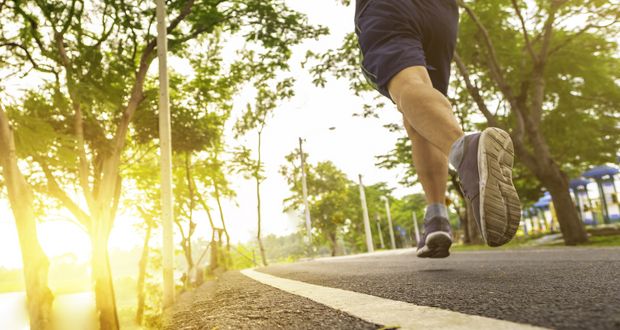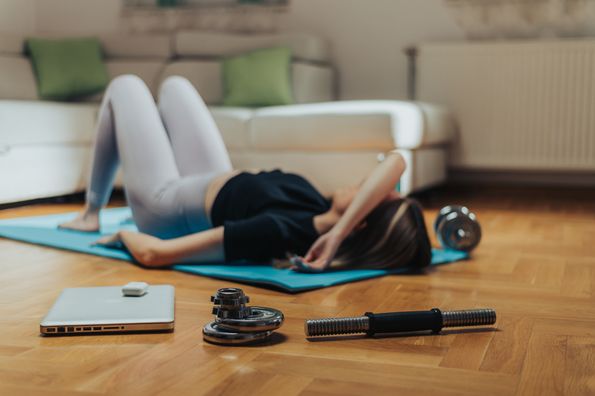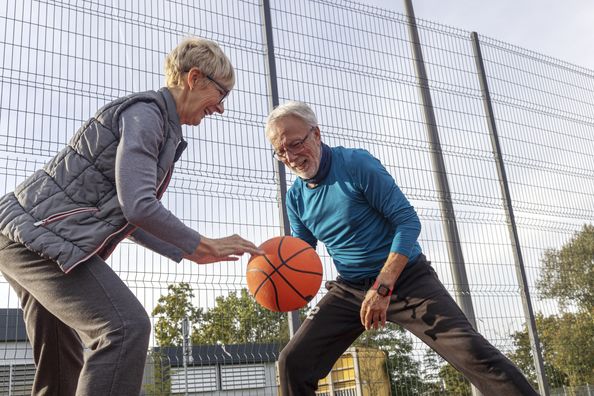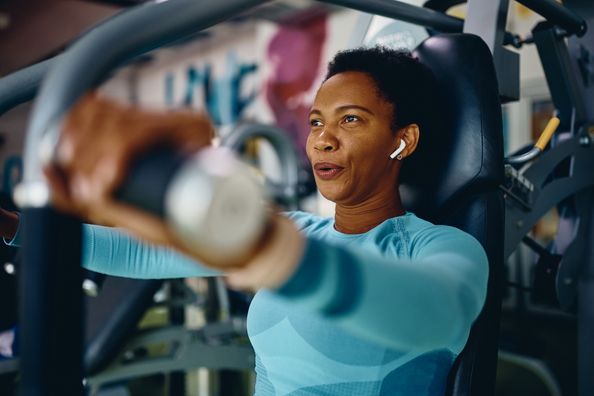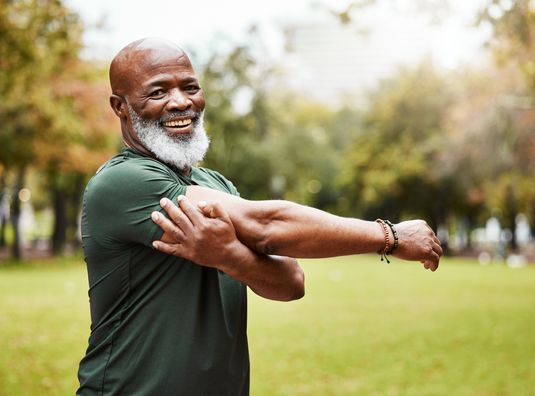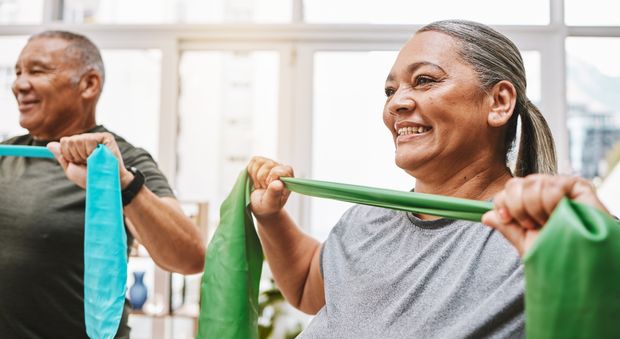As the daily temperatures continue to rise, many people shed their winter coats and treadmill workout routines and head outdoors for their daily exercise. However, exercising in the warmer weather can bring its own challenges such as heat-related illnesses and injuries. Dr. Rick Gimbel, an Immediate Care Physician, offers tips on how you can maintain your fitness goals while staying safe as the weather becomes warmer.
Listen to your body
First and foremost, you should always listen to your body, especially when exercising. When your body becomes overheated, a cool down process begins by increasing sweat production. When your body can no longer cool itself down any further, heat-related illnesses such as fainting, cramps, heat exhaustion and/or a stroke can occur. When you start to have signs that your body is overheating, such as a headache, nausea, dizziness or severe sweating, stop your workout and rest1. If you do experience a heat-related illness, seek medical attention immediately.
Hydration
Daily water consumption varies by age, sex and activity. Most adults in the United States do not drink enough water on a daily basis. If you plan to be outside in the heat, it’s recommended that you increase your water intake to replenish your body. Dehydration occurs when your body loses more water than you are consuming. This can be caused by hot weather or an intense workout. Some signs of dehydration include feeling lightheaded, headache, exhaustion, confusion, dry mouth, infrequent urination and dark colored urine2. If dehydration isn’t addressed, more serious heat-related illnesses can occur such as heatstroke.
Plan your workout
When planning your workout schedule, avoid exercising outside during the hottest parts of the day by choosing to exercise in the early morning or evening hours. Not only will your workout be less stressful on your body because of the lower temperatures, but the sun’s rays will not be as strong. If your schedule doesn’t allow for a workout during the cooler parts of the day, ensure that you hydrate, apply sunscreen and shorten your workout as needed.
During the warmer months, utilizing a nearby trail for your workout is a great option. Not only will the trees offer shade, but the trail’s pathway may not radiate as much heat as pavement. You may also choose to research ahead of time where water bottle refill stations are located and plan your run or walk accordingly.
Start Slow
To ensure you don’t get injured or become ill, it is recommended that you acclimate yourself to exercising outside in the heat by slowing increasing your time being active outside. Whether you are running or walking outside, you should slow your pace until your body feels used to the warmer weather. Once acclimated, you can slowly increase your speed and the intensity of your workout. It can take up to two weeks for your body to adjust to the warmer temperatures3.
Be flexible
If the weather forecast predicts extreme warmer temperatures, change up your workout routine by going on a bike ride or swimming. If there is a heat advisory, it is best to workout indoors. If you do not have access to a gym, online workout classes and routines are a great option for days you should stay inside but still want to get your daily exercise.
If you have a medical condition or are on a new medication, schedule an appointment with your provider to ensure there are not any additional precautions you can take when exercising outdoors this summer.
11Heat exhaustion (2020, November 10). In Mayo Clinic. Retrieved from https://www.mayoclinic.org/dis…
2Dehydration (2019, September 19). In Mayo Clinic. Retrieved from https://www.mayoclinic.org/dis…
3Weiss, C. (2020, July 10). Mayo Clinic Q and A: Safety tips for hot weather exercise. In Mayo Clinic. Retrieved from https://newsnetwork.mayoclinic…
Health Topics:

